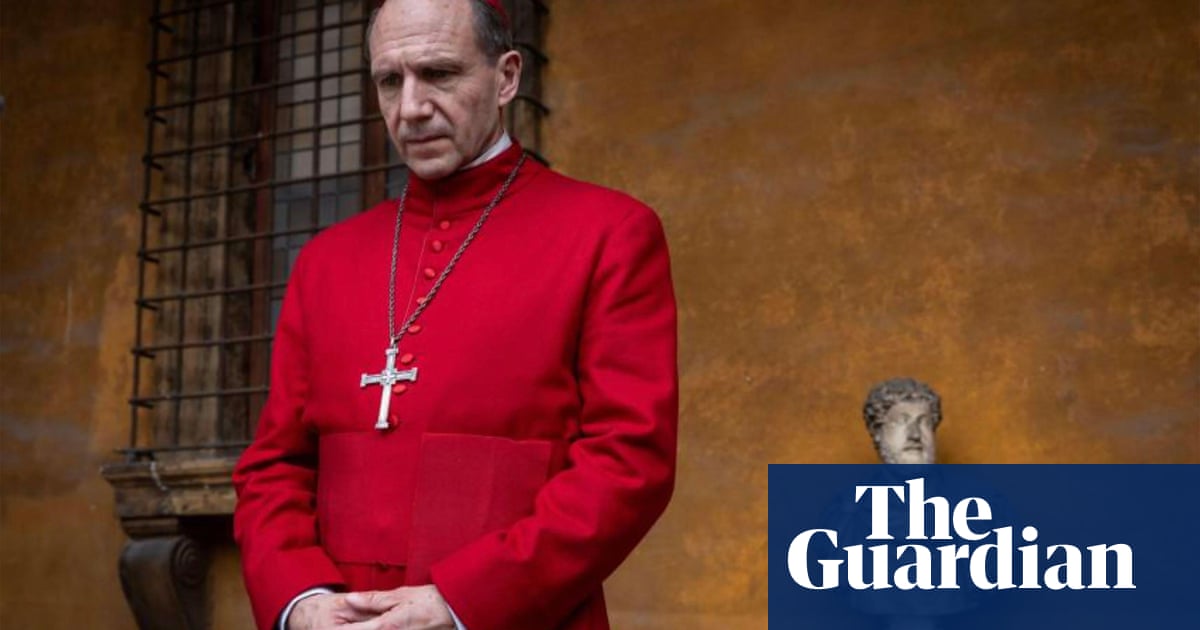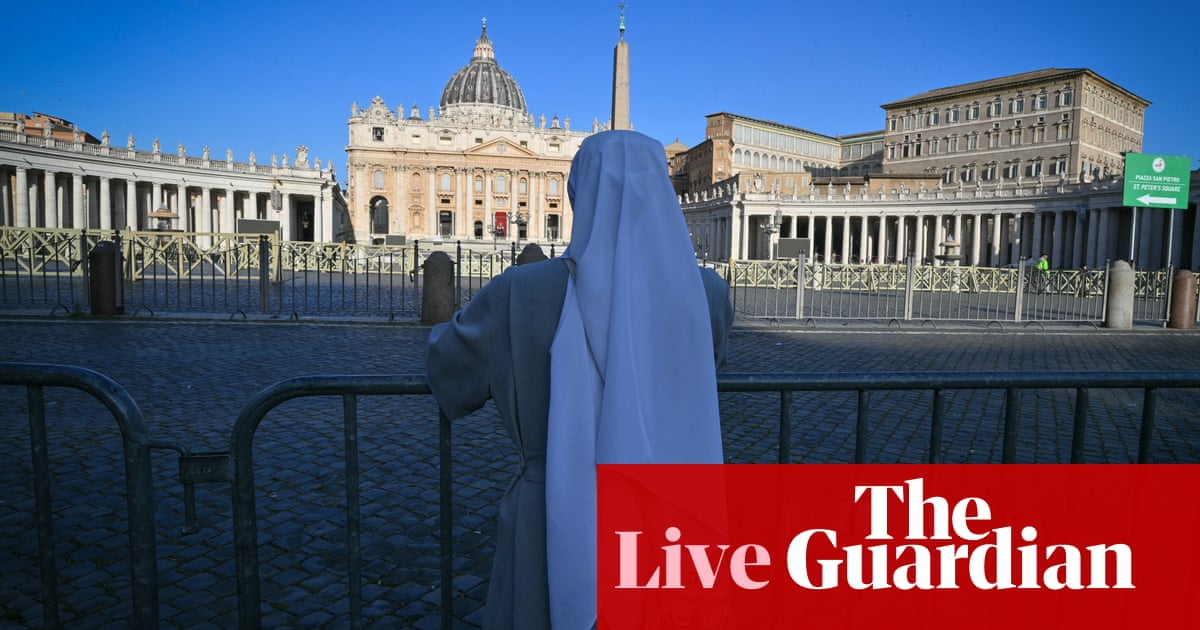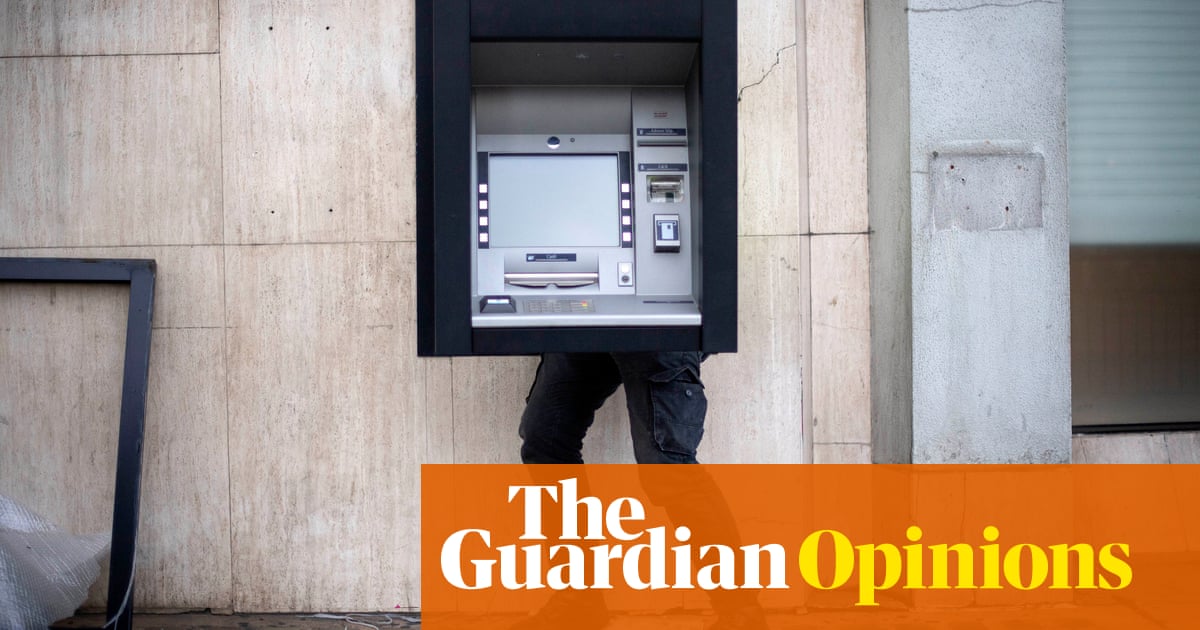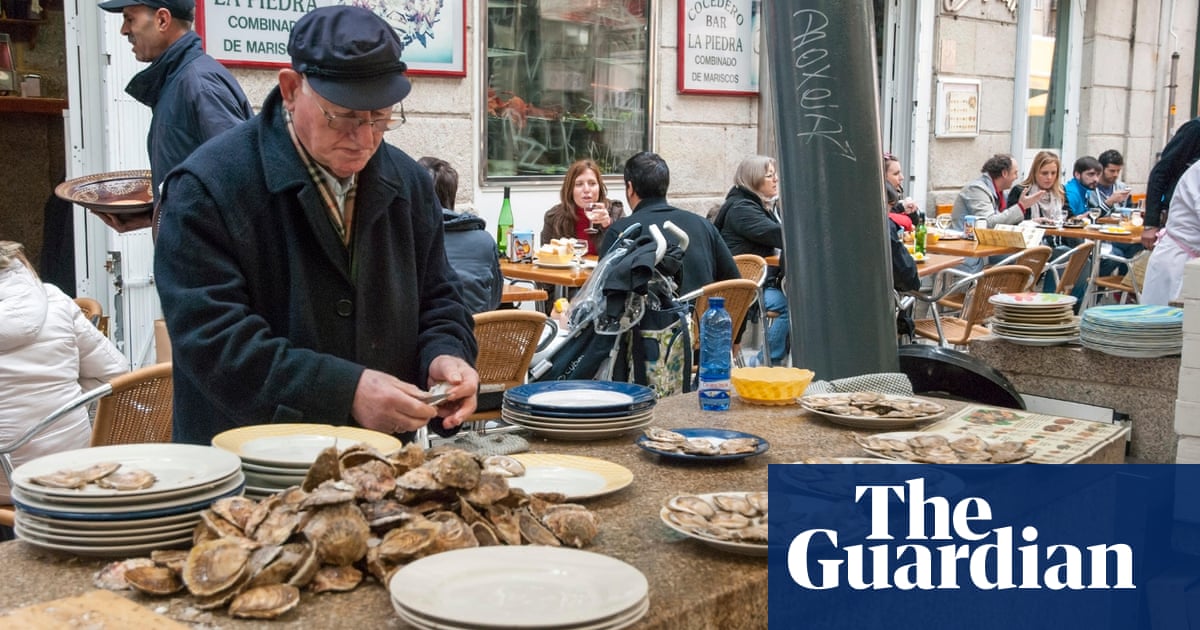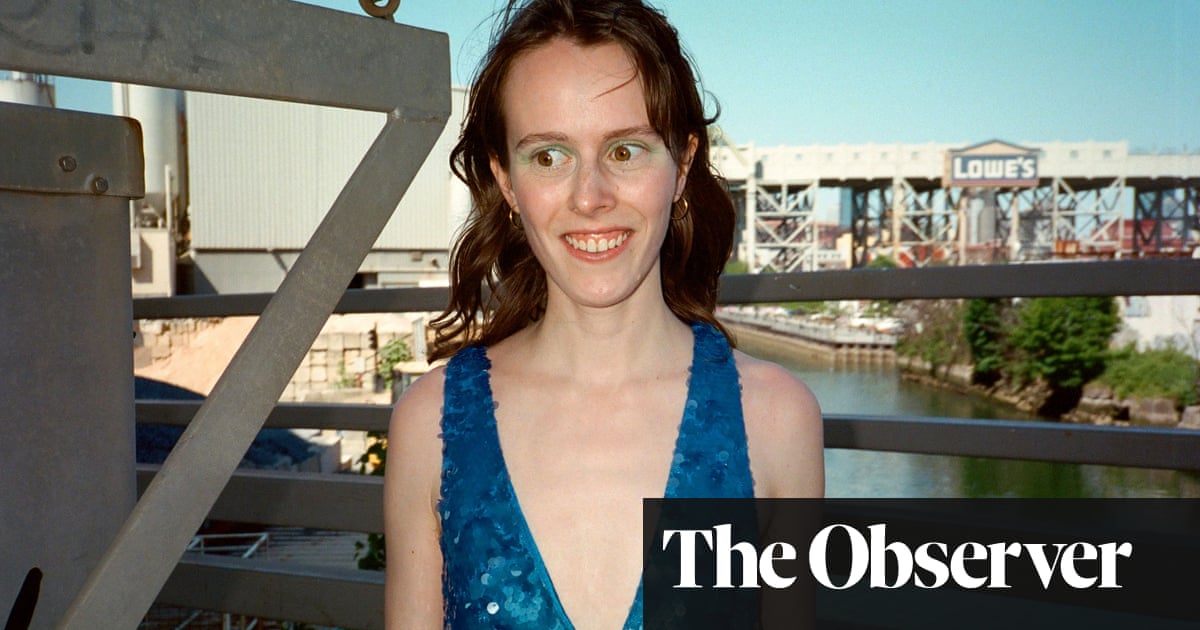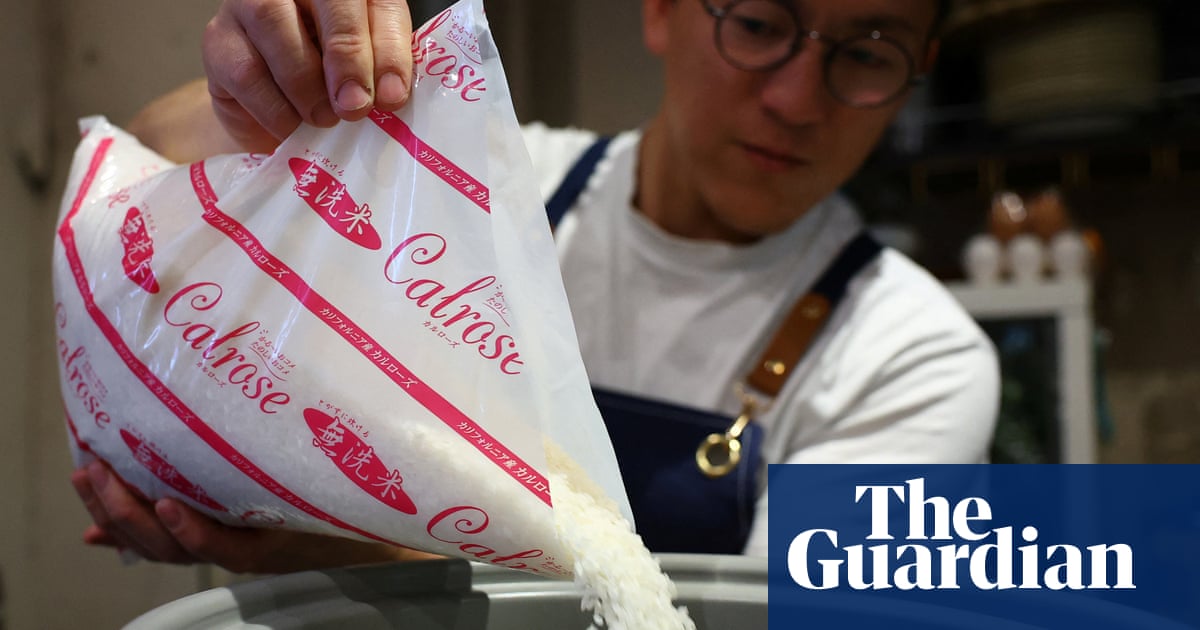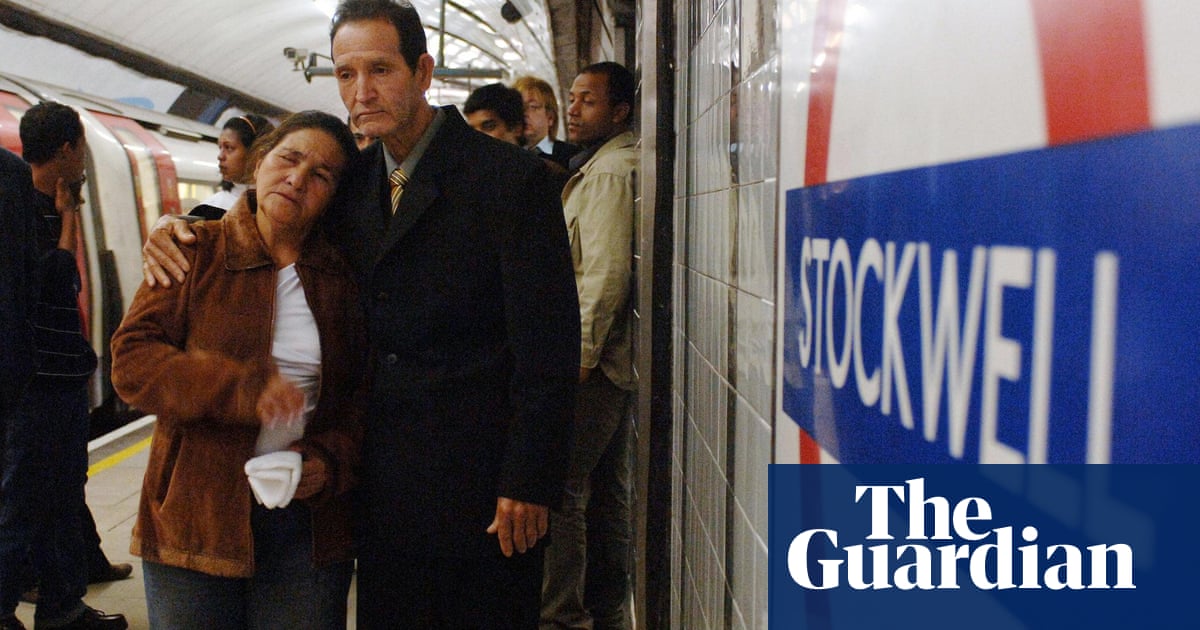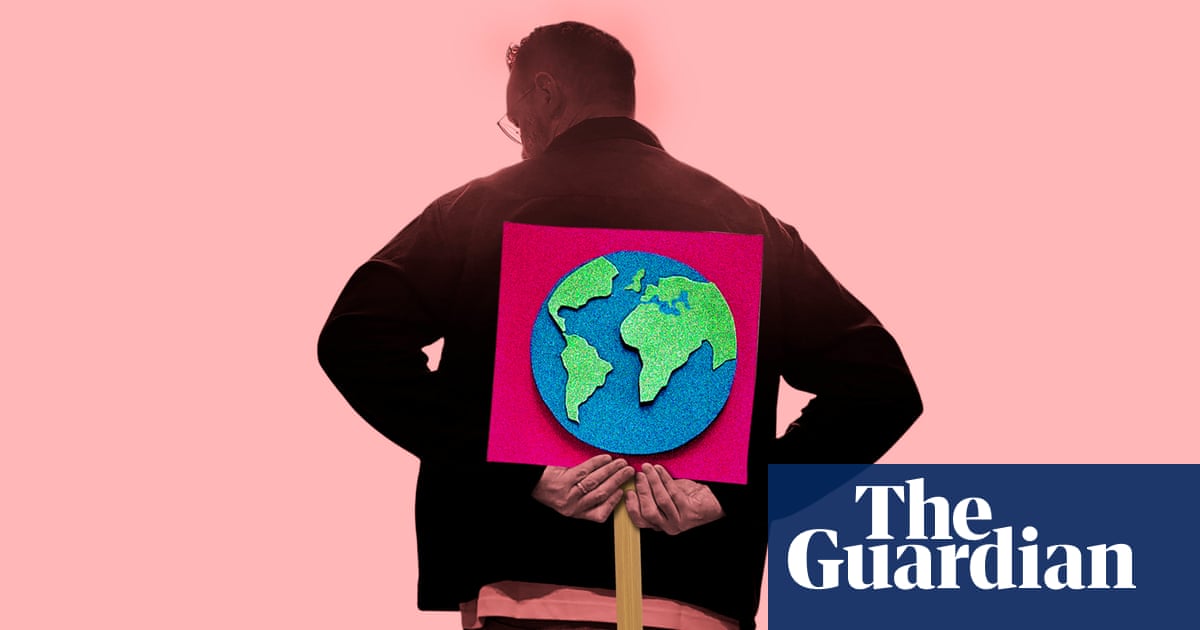Pope Francis was working until the end. On Easter Sunday, the 88-year-old head of the Catholic church offered an Easter greeting to the crowds in St Peter’s Square who had gathered for mass. By the next morning, after months battling pneumonia and bronchitis, he had passed away.
From the beginning, the first Latin American pope wanted his papacy to be different. Catherine Pepinster, the former editor of the Tablet, says one of his first notable actions was to go to a prison, rather than a church, to wash people’s feet in the traditional Maundy Thursday rite. It was typical of a pontiff who refused many of the luxuries of his predecessors – from giving up an apartment in the papal palace to only wearing simple leather shoes.
Michael Safi hears how Pope Francis tried to take a different approach to some of the Catholic church’s controversies – especially the treatment of LGBTQ+ Catholics. “Francis spoke about love frequently,” says Pepinster. Yet on this and other issues, from female priests to abuse scandals, many people thought he did not go far enough. Now the church is preparing to choose his successor, with all the ceremony and tradition that entails. But, says Pepinster, it is clear Pope Francis has changed the institution in the eyes of many of the church’s followers. “A lot of Catholics feel that the church is, in many ways, a more compassionate place.”
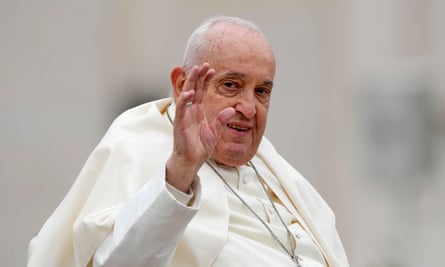

 5 hours ago
7
5 hours ago
7


